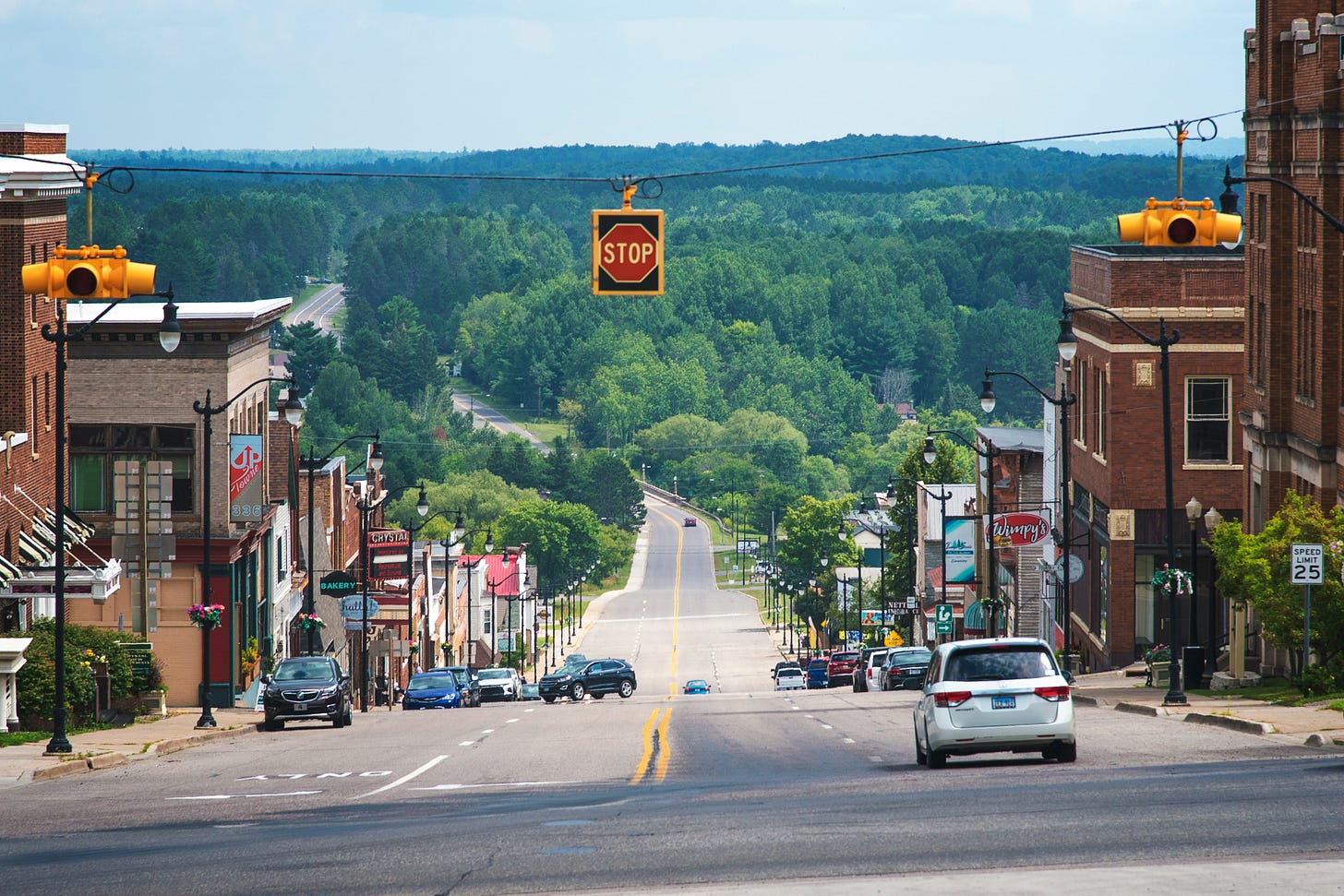A World in Miniature
Raising children in an era of ideological capture.
Each generation confronts the question of education anew. The problems that faced one generation are distinct from those that face the next.
Today’s families feel unprecedented anxiety about the state of education. The public school, the primary mechanism for education and values transmission, has lost their confidence, as many educators have abandoned t…



